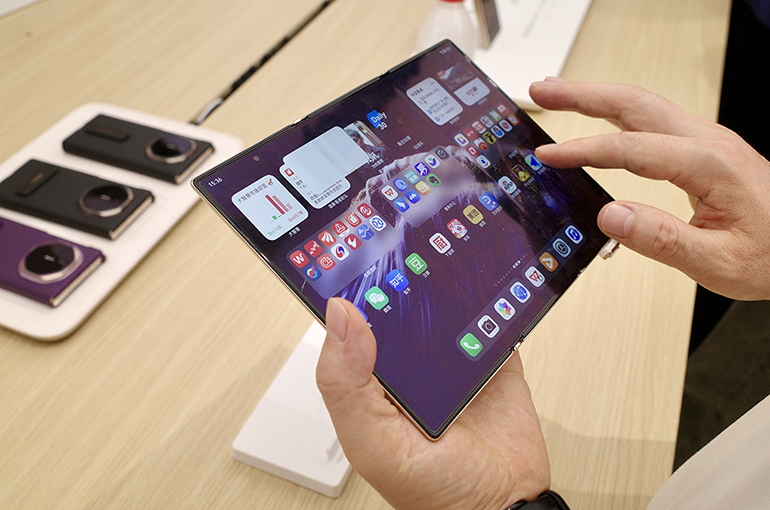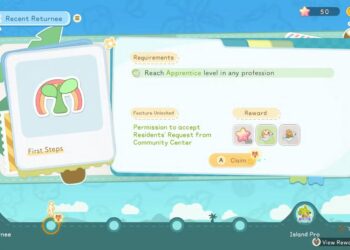Select Language:
Huawei has announced the launch of the Tiangong Initiative, committing CNY1 billion (approximately USD140.6 million) in funding and resources to foster the growth of the HarmonyOS artificial intelligence ecosystem. The initiative aims to develop more than 10,000 AI-driven meta-services, 1,000 intention frameworks, and 5,000 intelligent agents, while also advancing AI-native components such as meta-computing platforms, according to Herman Zhu, the president of Huawei’s consumer cloud services division, at Huawei Connect 2025 on September 20.
Currently, over 17 million devices operate HarmonyOS 5, based on the latest statistics from Huawei. Despite this rapid expansion, HarmonyOS still faces hurdles in establishing a robust app ecosystem comparable to iOS and Android. Industry experts note that the Tiangong Initiative is a strategic move by Huawei to bridge this gap.
Huawei plans to open-source its Xiaoyi intelligent agent platform, providing four development models and more than 50 components to simplify the creation of intelligent agents, Zhu added.
Major technology companies worldwide are competing intensely in the intelligent agent market. Google, for example, leverages its strong AI expertise to maintain a lead in voice assistants, while Apple’s introduction of Apple Intelligence redefines system-level app experiences.
Using HarmonyOS’s architecture, Huawei has created a fluid cross-device AI experience, enabling users to seamlessly switch AI services across smartphones, tablets, and car systems.
At the event, Huawei demonstrated its Xiaoyi Task Space, a feature capable of autonomously coordinating over 120 tools and third-party agents across key scenarios such as work productivity and travel planning.
Guo Tianxiang, research manager at IDC China, stated that intelligent agents will offer customized experiences targeting mid- to high-end users. He added that smartphone manufacturers are entering the second phase of AI phones, emphasizing on-device AI models to achieve genuine differentiation.
A Huawei spokesperson noted that technological shifts—from the personal computer era’s search models and the mobile app ecosystem to the emerging era of intelligent agents—are transforming the business landscape. They highlighted that small and medium-sized developers now have opportunities to break through traffic barriers in the intelligent agent age.
While the industry is heavily focused on HarmonyOS’s exploration of AI and meta services, an employee at Ant Group’s mobile tech division clarified that these efforts are not solely reliant on Huawei; collaboration across thousands of apps and industries is essential.
Since becoming open-source five years ago, the OpenHarmony operating system has attracted over 9,200 contributors and has rolled out more than 1,300 hardware and software products across sectors such as finance, transportation, and education, according to Huawei figures.
Huawei reports receiving over 10 million user feedback submissions on OpenHarmony, with 96% addressed swiftly.





